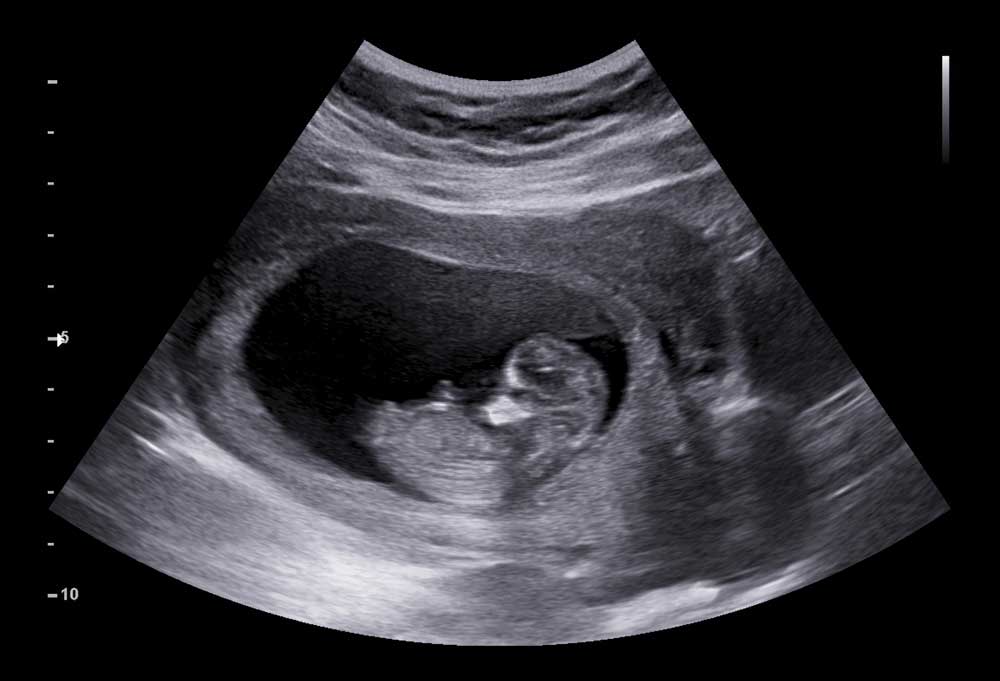Pregnancy after the age of 35 is becoming increasingly common, but with the right information and support, many women go on to have healthy pregnancies. Understanding the factors involved, separating myths from facts, being aware of the risks, and making the right lifestyle choices can help optimise the outcomes. A woman’s and her spouse’s health are of utmost importance while planning a pregnancy. With advancing years, the number of eggs in a woman’s body and their quality keeps decreasing. Every couple should check for medical conditions and egg quality as well as the partner’s sperm quality before planning a baby.
With age, the risk of genetic medical conditions in the baby like Downs Syndrome and autism also increases. The pregnancy should be treated like a high risk one for these factors and a thorough follow-up with the doctor has to be conducted. The risk of developing hypertension and diabetes during pregnancy also increases for the mother, so a diet and exercise routine has to be strictly set up and followed.
Gynecologist and obstetrician, Dr Asha Dalal shares some of the key factors to consider while planning a pregnancy after 35. She recommends seeking the aid of a medical professional and dispels some of the most common myths with precise facts.

Factors To Consider
Fertility may decline: A woman’s egg count and quality decline with age, which means conception may take longer. It is advisable to consult a fertility specialist early if you have been trying for several months without success.
Optimise health preconception: Screening for conditions like hypertension, diabetes, thyroid dysfunction, and assessing reproductive health through ultrasound and hormone panels (like AMH) can guide your planning.
Partner’s health matters: Male fertility can decline with age as well. A semen analysis and general health check can be helpful.
Genetic counselling: Due to an increased risk of chromosomal anomalies ( such as Down Syndrome), couples may be advised to undergo genetic screening or consider non-invasive prenatal testing (NIPT).

Fact Versus Fiction
Fiction: It’s too late to plan or have a baby post 35 years.
Fact: Many women in their late 30s and early 40s conceive naturally or with assistance and have healthy babies.
Fiction: Above 35 years, the pregnancy always happens via IVF.
Fact: Natural conception is possible as well as conception with assistance, and does not always require IVF.
Fiction: Pregnancy above 35 years ends up with a cesarean section.
Fact: Age is not that important a criterion for mode of delivery. Normal delivery is absolutely possible if there are no obstetric contraindications.
Fiction: Late pregnancy can lead to increase in blood pressure, diabetes and other medical comorbidities.
Fact: This depends on the overall health of the mother.
Fiction: Miscarriage is inevitable.
Fact: The risk does increase slightly with age, but with good prenatal care, many pregnancies proceed normally.
Fiction: Assisted reproduction always means twins or triplets.
Fact: Fertility treatments can be customised to reduce the risk of multiple pregnancies.

Understanding Risks And Taking Preventive Measures
Risks:
• Increased risk of gestational diabetes, hypertension, placenta previa, and preterm labour.
• Slightly higher chance of chromosomal abnormalities.
• Elevated risk of miscarriage or caesarean section.
• More visits and testing may be required because of the above-mentioned risks.
Preventive Measures:
• Begin prenatal care as early as possible
• Control existing medical conditions
• Regularly monitor foetal growth, amniotic fluid, and placental function through ultrasounds.
• Besides the regular NT scan and Dual Marker to detect chromosomal abnormalities between the 11th and 14th week of pregnancy, you will be offered the more comprehensive Non Invasive Prenatal Testing ( NIPT) to rule out chromosomal problems in the foetus.
• Follow your doctor’s advice regarding prenatal vitamins, especially folic acid and vitamin D.
• Stay mentally healthy — stress management is crucial.

Dietary & Lifestyle Modifications
Nutrient-Rich Diet:
• Include lean protein, whole grains, dairy, fresh fruits and vegetables.
• Increase your intake of iron, folic acid, calcium, omega-3 fatty acids, and vitamin B12.
Hydration: Adequate water intake is essential for circulation and amniotic fluid levels.
Weight management: Maintain a healthy BMI before conception and monitor weight gain during pregnancy.

Exercise: Moderate activity like walking, prenatal yoga, and stretching improves circulation and reduces pregnancy-related discomfort.
Sleep: Prioritise quality sleep. Aim for 7-9 hours of sleep per night.
Avoid smoking, alcohol, and excessive caffeine, processed or undercooked foods.
While pregnancy after 35 carries some added considerations, it is not a cause for fear. Many women today have a very successful pregnancy even after their mid-thirties.